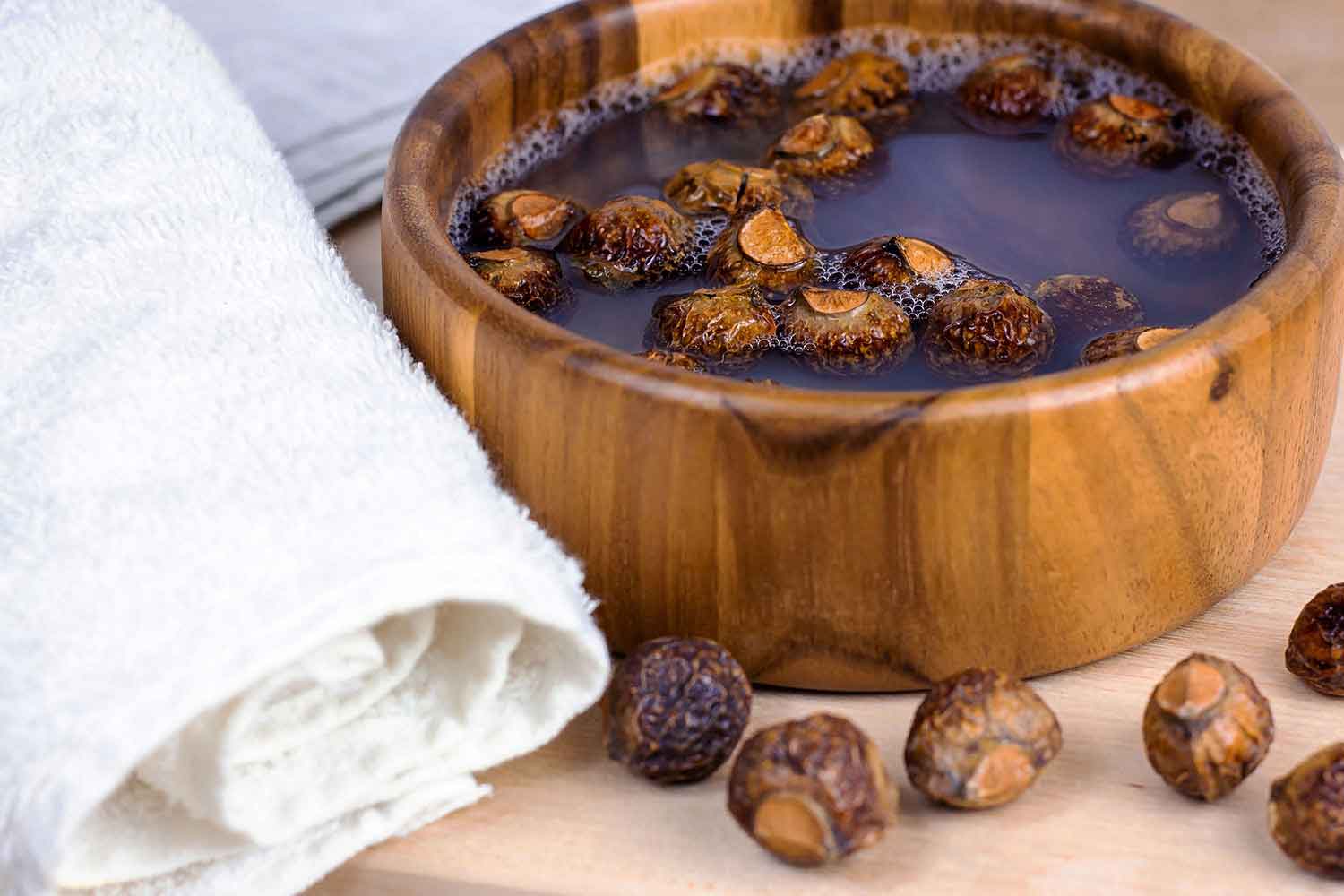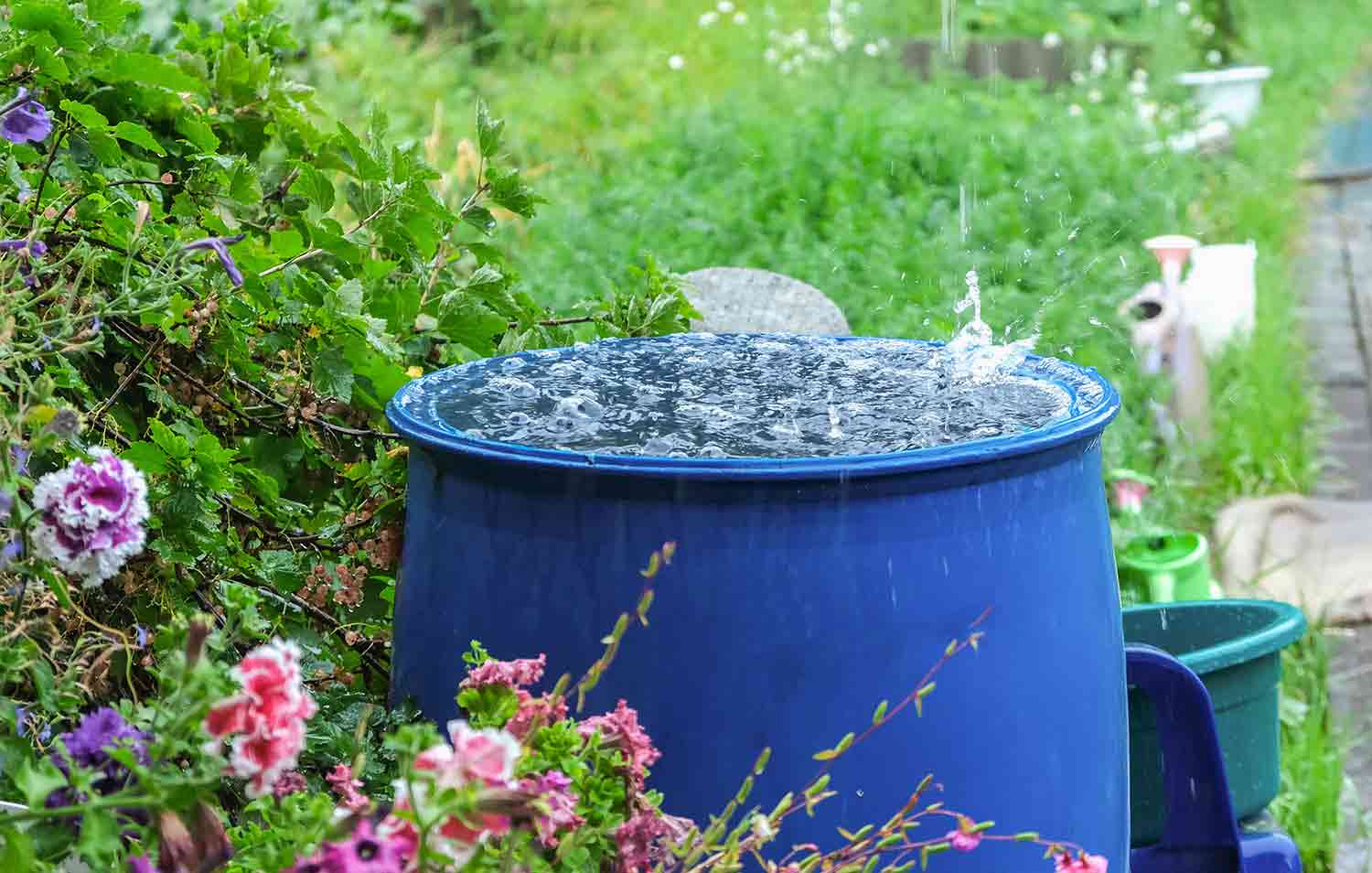Student Finds a Way to Save Water
A high school student investigated whether laundry water could be reused—and won a science prize for it!

Courtesy of © Youth Science Canada
Tanvir Mundra (left) and Ann Wang, both from Canada, won the top two prizes at the Taiwan International Science Fair.
Doing laundry keeps our clothes clean, but it also requires a lot of water. A student from Vancouver, Canada, decided to find out whether laundry water could be reused, and what she learned won her an international science prize!
Tanvir Mundra’s investigation was inspired by a conversation with her grandparents, who live in India. Mundra’s grandparents collect their used laundry water, also called gray water, and use it in their flower and vegetable garden.
“I started posing questions [to my grandparents]: How did that gray water influence [affect] the plants?” Mundra remembered, in an interview with CTV News.
Mundra noted that her grandparents don’t use harsh laundry detergent, which contains chemicals. They use soap nuts, which are the fruits of a tree called Sapindus mukorossi.
Soap nuts are believed to be effective alternatives to the chemical detergent many people buy in stores. But Mundra wanted to find out what would happen if she used gray water from chemical detergent to water plants.
Mundra did two loads of laundry. She used chemical laundry detergent in the first load. She used soap nuts in the second load. She collected the gray water from each load.
Next, Mundra planted 30 spinach plants in pots and separated them into three groups. The first group received detergent gray water and the second group received soap nut gray water. The third group received tap water (water from the faucet) instead of gray water.
The plants that received detergent water did not grow very well. But the plants that received soap nut water or tap water both grew well. Mundra concluded that soap nut water does not prevent plants from growing healthy and strong.
“There’s zero effect at all [from soap nut water]…in terms of plant height, leaf length, root length,” she told the Canadian Broadcasting Corporation (CBC). She didn’t eat the spinach to see if the water affected its taste—her parents wouldn’t let her, just in case the soap nut water was unsafe.
In January, Mundra won the top prize at the Taiwan International Science Fair. She says her discovery could help people save water in the future.
“If we can actually start reusing our own household water wastage, such as dirty water from the laundry, then we’re actually saving and conserving a lot of water,” she told the CBC.







